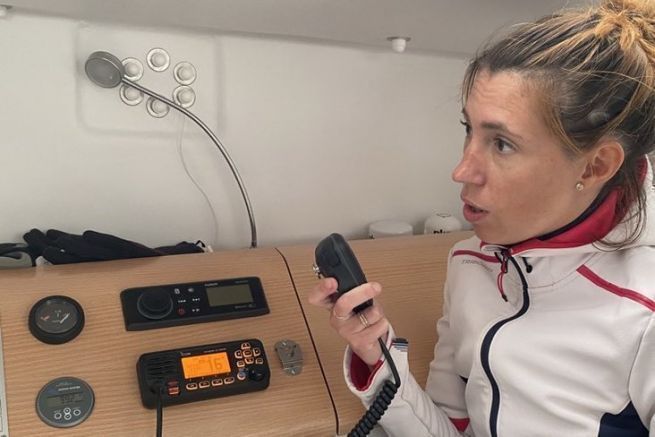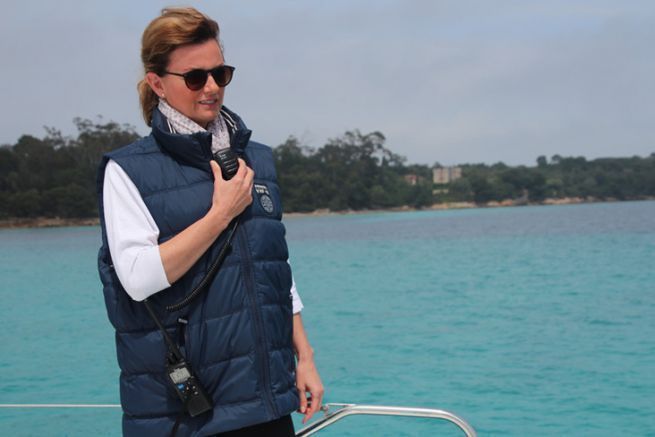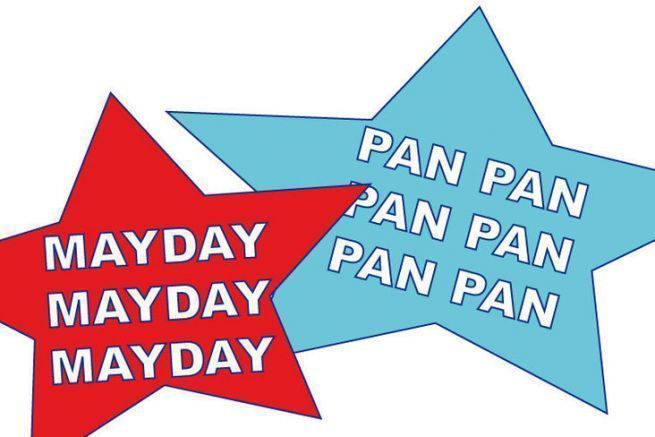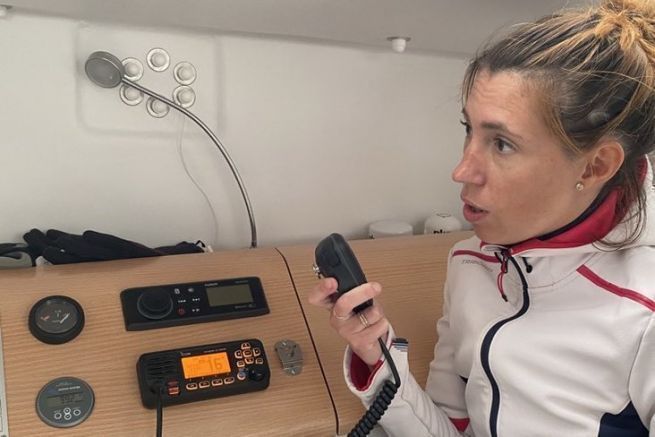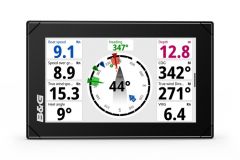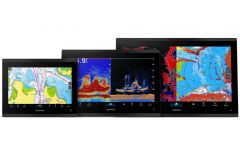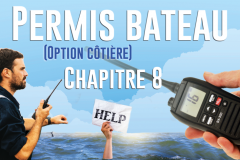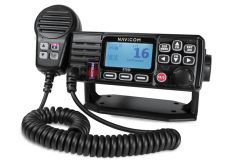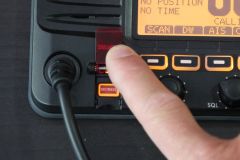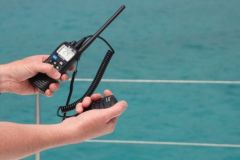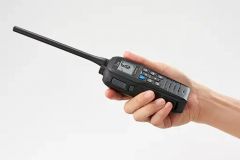In radio, we share a way of naming and defining things. Underneath this rather abstruse definition are terms that we use without knowing it. For example, talking about "port" or "starboard" is part of this terminology. And we need to make sure that these terms are shared by all the people who receive our messages to make sure that everyone understands the same thing. Reducing the risk of interpretation is a safety factor.
With a VHF, unlike a telephone, you have to take turns speaking. These are Simplex channels. You must therefore apply a procedure to avoid speaking simultaneously and losing part of the messages.
An international alphabet
The International Phonetic Alphabet, also known as the NATO Phonetic Alphabet, was standardized by the International Telecommunication Union. It has been in use since March 1, 1956. An alphabet not as barbaric as it seems, presented in this article which explains the radio alphabet as a security tool .
A sense of calling
To ensure that the sender and receiver ( eventual ) of a message are really distinguished, an announcement direction has been set up.
In practice, it is the called party that is announced first. L' calling ( the one who has something to say ) is announced second during the "one to one" conversation. The two are separated by the word " from " :
"CROSS Corsen de Petit Boat"
"Small Boat of CROSS Corsen, I listen to you"
"CROSS Corsen of Petit Boat, XXX"
Systematic call closure
To ensure that a conversation is complete and that the third party is not facing a breakdown, it is agreed that an exchange is closed by the initial requester with an understandable term. In French, this is " Completed ". In English, it will be the term " Over "which will be used:
" Small Boat of CROSS Corsen, I take note, over "
" CROSS Corsen of Petit Boat, Over "
Calls classified according to the seriousness of the message to be conveyed
Three classes of messages have been set up according to the type of information the user is about to provide. These are the Security : the class Pan the class Mayday . A fourth "sub-class" exists, it is the messages Mayday Relay .
Find out how to write a good message to ask for help, Pan-Pan or Mayday .
Specific terms
Certain terms are necessary to know to ensure that useful information is transmitted without any ambiguity. For example, the side terms ( Port side and Starboard ) respectively concern the side left and the side right of the boat when on board you are looking towards the front of the boat ( its bow ).
The CROSS is the authority that will receive your messages and process them if necessary. It is also this authority that will be able to give you certain orders that you will have to execute.

The location of things is important. The term " In my XX ° The " at XX° from "which means, this time, the lifting of another element, usually a bitter.
Identifying the type of boat allows other users to prepare for what they will see. If a sailboat is inevitably a boat visible from afar by its sails a star is a boat with engine This means that it is lower on the water and therefore less easily visible.
Finally, some terms exist to disambiguate the subject.
- A damage is a failure that reduces a boat's ability to move.
- A waterway represents a water entry point of the water body ( therefore not rainwater or leakage from a tank on board, as this is a flooding ) in your boat.
- The freedom of movement is given by the authorities to indicate that the vessels that have been requested in an action are now released from their commitment. The suitable quality of a radio exchange will be confirmed by loud and clear at the request of an operator regarding its transmission.
The rules of good manners also apply to radio
Just like on land, hello starts an exchange, please indicates that a request has been made to a third party and that it is understood that it may be a burden for them to respond, while thank you indicates the gratitude that one expresses to this third party before taking leave with a simple goodbye .

 /
/ 